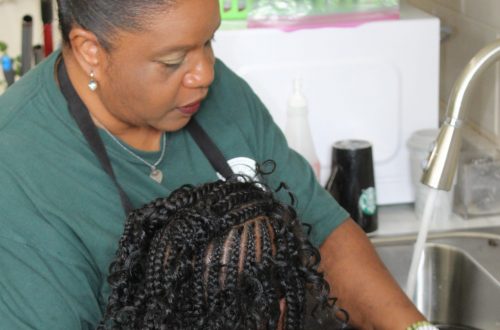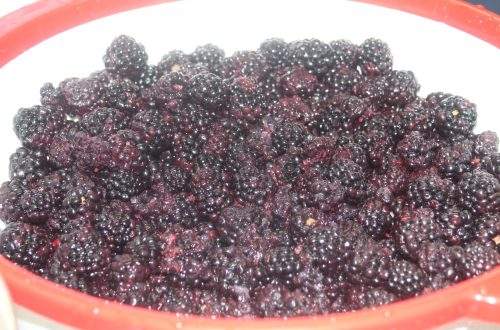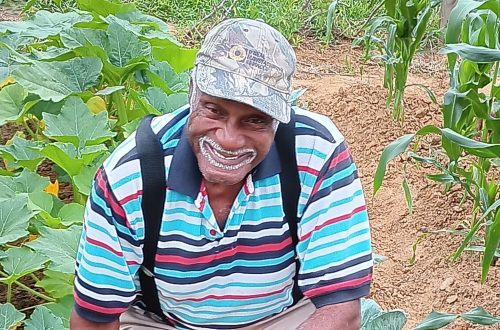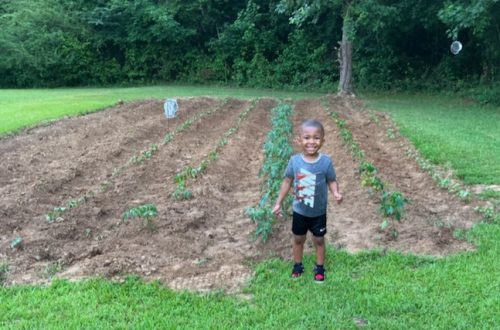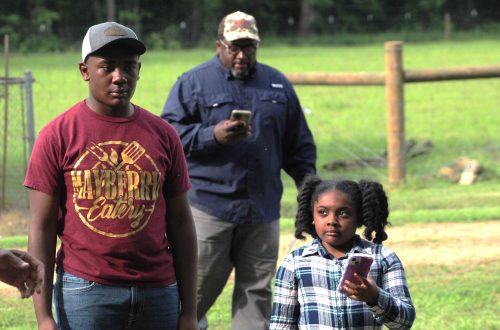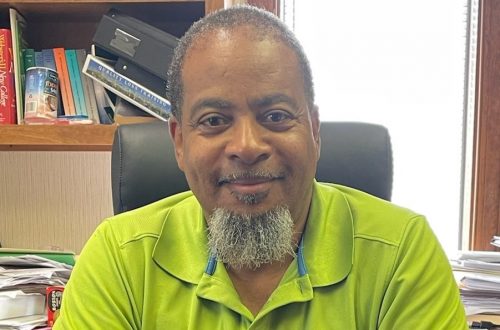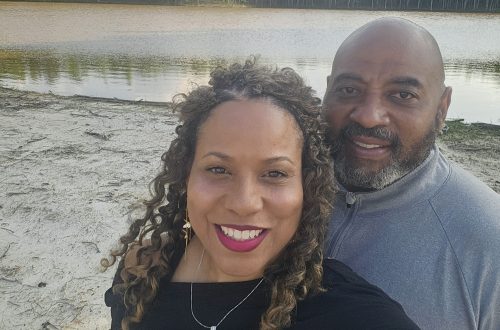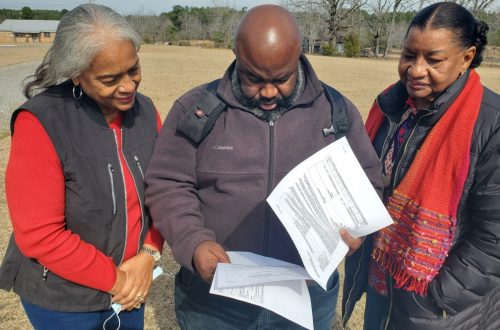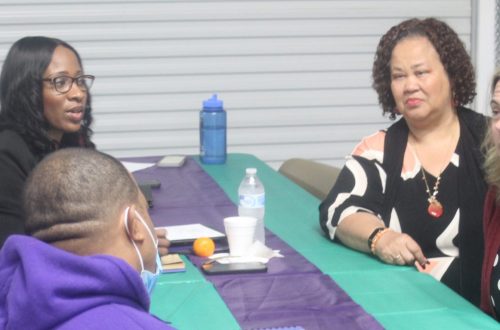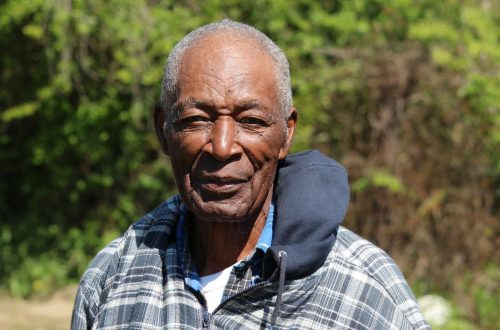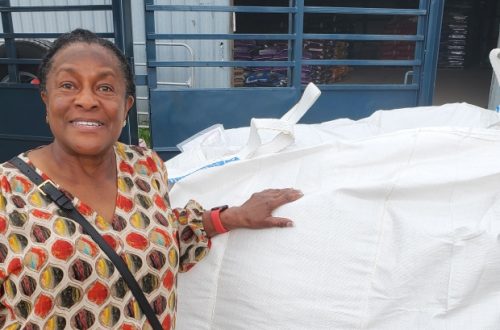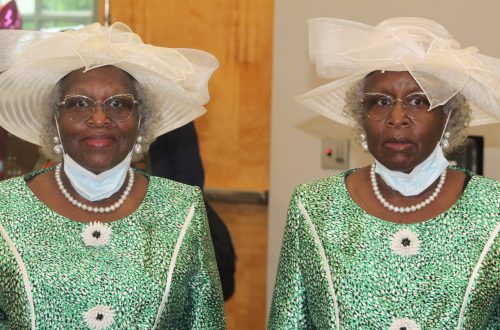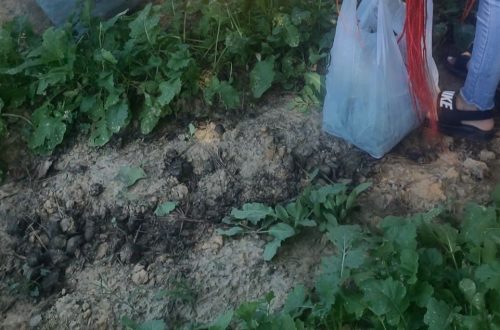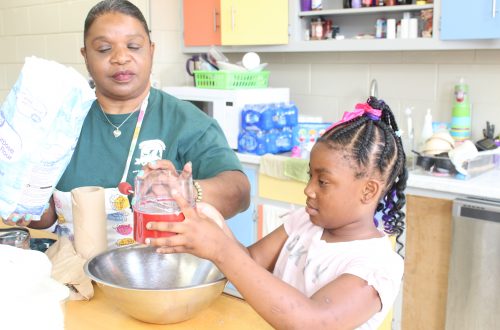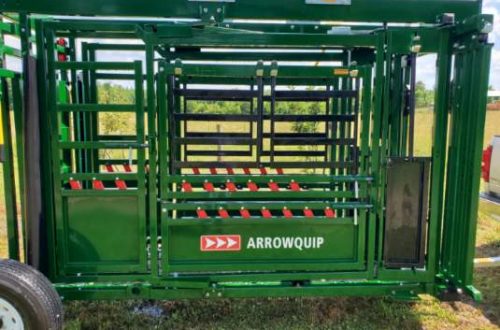By Frank Taylor
Around 1910 Mississippi harbored more than 32,000 African American Farmers who owned thousands of acres of land. Landownership for black families determined their autonomy through agrarian practices of planting crops. Farmers planted corn, cotton, peas, ribbon cane and other staple vegetables to feed their families and generated income to pay for rudimentary needs. However, this way of life did not provide opportunities for African Americans to thrive economically, nor participate in the American democracy as full-fledged citizens. Mississippi used “Jim Crow Laws” to relegate and dehumanize individuals, which helped stimulate the great out-migration of African Americans into the northern states. This plight caused unintended consequences for family members who remained and tried to harness livelihoods from farms. The gripping hands of Jim Crow Laws commingled with local lending institutions, the judicial system, and large plantation owners, depriving African American Farmers of access to timely capital needed to plant crops. Additionally, this process eroded and disposed thousands of black families of their inheritance after being fought for and earned through the loss of life. This dreadful time in history continues to permeate hurt in 2016. However, this part of the article will focus on reconnecting or reacquainting the Robbins’ siblings with their natural resource (ancestral land). Gwen Robbins Pratt said, “Our parents generated opportunities for us to earn an education by managing this property where we stand today. Our parents planted corn, peas, beans and other vegetables to feed the family. Additionally, they sold forest productions to supplement our family income. Our parents worked under extremely adverse conditions to leave this legacy of land. Therefore, we will honor our parents’ commitment to learn how to properly manage our property”. Gwen attended a natural resources meeting sponsored by the Mississippi Minority Farmers Alliance and learned about services through various agencies to promote stewardship practices. After conferring with several service providers Gwen contacted the Winston County Self Help Cooperative for technical assistance. WCSHC staff and registered forester met with Robbins’ Sisters on their family property located in Louisville, MS. Frank Taylor, WCSHC Team Leader, discussed parameters of obtaining services through USDA and state agencies. He instructed Gwen to carry a copy of their deeds to the local Farm Service Agency Service to request assistance in updating their Farm Tract eligibility information (AD 1026 Certification on Highly Erodible Land) and their AGI- Adjusted Gross information. “You should ask for current maps of property to help define property lines and location.” Allen McReynolds, WCSHC Ag Business Management Specialist, discussed alternative income opportunities such as hunting leases and none timber forest production and land surveying. Freddie Davis, registered forester conversed on various management practices. Davis will perform a thorough inventory of forestland and develop a subjective forest management plan. This tool will provide guidance in developing individual conservation plans with assistance from Natural Resources Conservation Service (NRCS) and implement practices through Environmental Quality Incentive Program (EQIP). After completion of this hands-on session, Gwen felt energized and fired up to recapture the Robbins’ Family glory.
“WCSHC Helping the Robbins’ Family Reconnect” article from the WCSHC’s News Blast (March 2018, 1st Edition)
News Blast Link: https://issuu.com/franktaylor3/docs/wcshc_march_2018_news_blast_1st_edi

